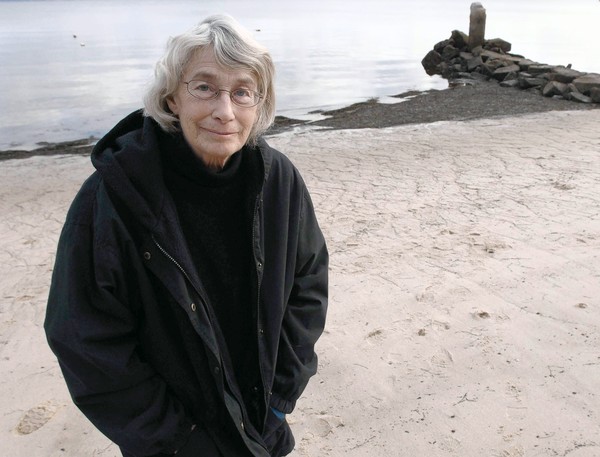|
|
Online Poems |
|
|
Wild Geese (1986) by
Mary Oliver
|
|
You do not have to be good.
You do not have to walk on your knees
for a hundred miles through the desert repenting.
You only have to let the soft animal of your body
love what it loves.
5
Tell me about despair, yours, and I will
tell you mine.
Meanwhile the world
goes on.
Meanwhile the sun and the
clear pebbles of the rain
are
moving across the landscapes,
over the prairies and the deep trees,
10
the mountains and the rivers.
Meanwhile the wild geese, high in the clean blue air,
are heading home again.
Whoever you are, no matter how lonely,
the world offers itself to your
imagination,
15
calls to you like the
wild geese, harsh and exciting—
over and over announcing your place
in the family of things.
![]()
Discussion questions:
1. What's Romantic (or not) about the poem?
2. What gothic or sublime elements are identifiable? What mood or tone do they build?
3. Given that the poem is written during the Modern or postmodern era, how may "Wild Geese" transcend Romanticism to become Modern(ist) or something else (maybe Realistic?)?
4. Discuss this poem's form as "free verse" or "formal verse"; relate to Romanticism or Modernism? Why is the lyric poem the essential genre of Romanticism?

Mary Oliver, b. 1935

